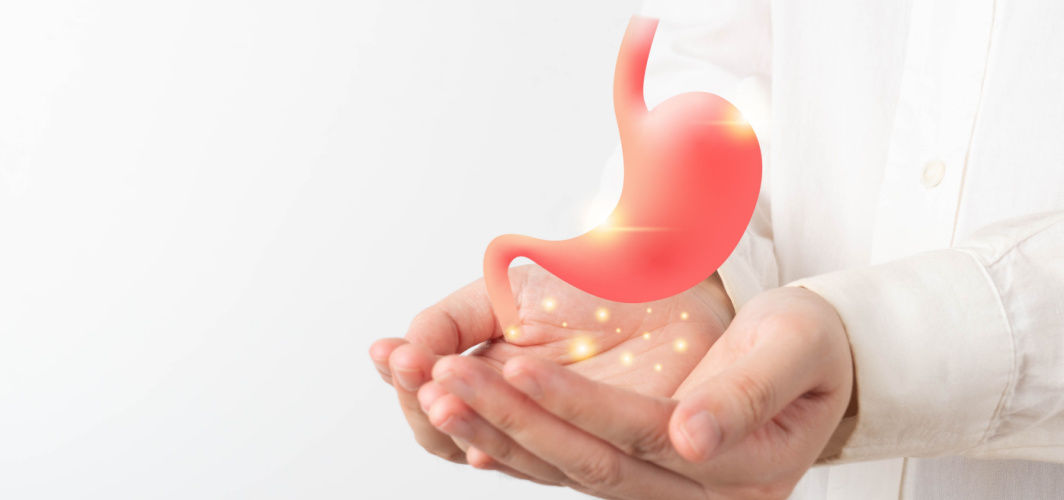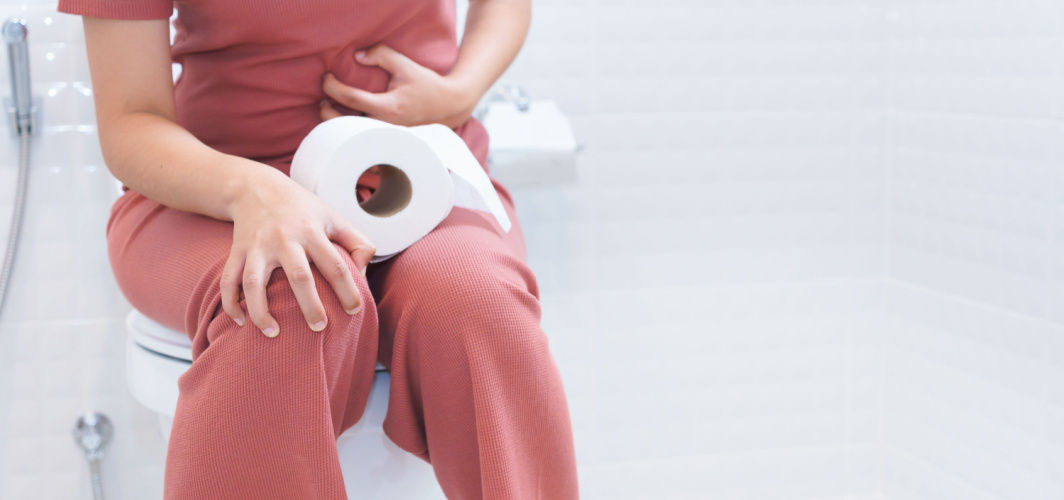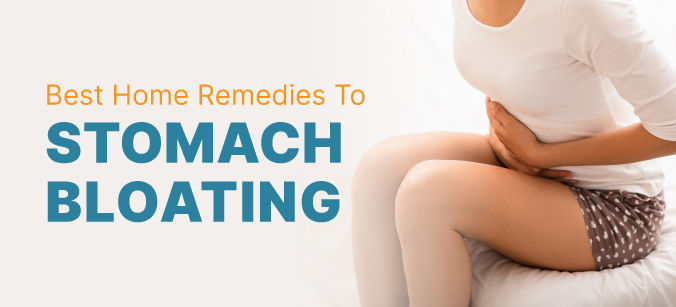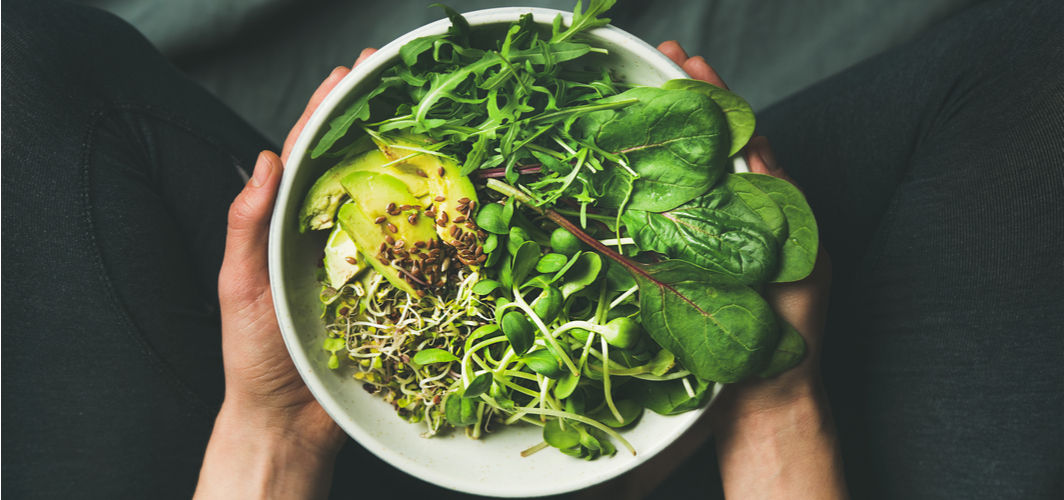Digestive Health
7 Best Home Remedies To Stop Loose Motion
7 min read
By Apollo 24|7, Published on - 14 June 2023, Updated on - 06 August 2024
Share this article
0
0 like

Frequent watery bowel movements occurring three or more times a day can be caused by various factors such as contaminated food or water, infections, medications, food intolerances, digestive problems, or recent stomach surgeries. While acute loose stools usually go away in a few days, it may indicate a chronic condition if they last for over four weeks.
The good news is that there are home remedies that can help provide relief and speed up recovery. In this article, we will explore effective loose motion remedy at home and important information about the causes, symptoms, and when to seek immediate medical care.
Symptoms Of Loose Motion
Loose motion can present with the following symptoms:
- Abdominal cramps or pain
- Urgent need to use the bathroom
- Loss of bowel control
- Fever, chills, and occasionally bloody stools (in cases of viral or bacterial infections).
Loose motion can lead to dehydration, a potentially serious condition, particularly among children, older adults, and individuals with weakened immune systems. Signs of dehydration include excessive thirst, dry mouth, decreased urine output, dizziness, and fatigue.
Causes Of Loose Motion
Loose motion can be caused by several factors, including:
1. Bacterial or viral infections
Contaminated food or water, and viruses like the flu, norovirus, or rotavirus, can lead to acute loose motion.
2. Parasitic infections
Consumption of contaminated food or water containing tiny parasites can result in loose motion.
3. Medication side effects
Antibiotics, certain cancer drugs, and antacids containing magnesium can disrupt the normal functioning of the digestive system.
4. Food intolerances and sensitivities
Difficulty in digesting certain ingredients or lactose intolerance can trigger loose motion.
5. Underlying diseases or disorders
Conditions like Crohn's disease, irritable bowel syndrome, or abnormalities in colon function can contribute to chronic loose motion.
Home Remedies For Loose Motion And Dysentery
Diarrhoea can occur due to various reasons, but it can be managed at the same time with simple the following home remedies for loose motion;
1. Ensure Adequate Fluid Intake
One of the important aspects of a loose motion cure is to stay hydrated.
- Drinking enough fluids is a key remedy. Even if it's just small sips, drink fluids throughout the day to avoid dehydration and weakness.
- You can also try drinking oral rehydration solution (ORS) to replace lost electrolytes. You can use pre-formulated ORS packets or make a homemade solution using 1 litre of water, six teaspoons of sugar, and 1/2 teaspoon of salt.
- Stick to water, herbal teas, clear soups, non-fizzy drinks, and soy milk.
- Avoid alcohol and caffeinated beverages as they can worsen fluid loss.
2. Eating BRAT Diet for Few Days
When you have loose stools, changing what you eat can help you manage your condition immensely. Hence, you can switch to BRAT diet as a loose motion remedy.
- Switch to the BRAT diet, which means eating bananas, rice, applesauce, and toast for a few days.
- Research studies have shown that the BRAT diet may be beneficial in managing diarrhoea for a day or two as the bland diet is easy on the GI tract, but do not make this diet regular as it lacks essential nutrients.
- You can also eat boiled potatoes, dry crackers, and skinless chicken, beef, or fish.
3. Restrict Intake of Foods High in Fiber
An effective loose motion treatment at home includes eating foods with lots of fibre can make loose stools worse.
- Fibre adds bulk to the stool and can speed up bowel movements, leading to more frequent bowel movements.
- Avoid cereals, whole-grain bread, pasta, dried and fresh fruits, nuts, and certain vegetables like broccoli, cabbage, cauliflower, and beans.
4. Rest and Regain Strength
Loose stools can make you feel tired and weak because you lose fluids and electrolytes. Resting for a few days gives your body time to recover. Ask your family and friends for help with everyday tasks like cooking and chores to save energy and help you heal.
5. Add Probiotics To Your Meals
Probiotics are good bacteria that can help balance your gut and possibly reduce the frequency of loose stools, making them an effective loose motion remedy. You can get probiotics in capsules or liquid supplements. You can also add probiotic foods such as yoghurt, buttermilk, kimchi, apple cider vinegar and pickles to your meals. It's a good idea to talk to a doctor or healthcare professional to find out which probiotics are the best for you and how much you should take.
6. Consume High-sodium Foods
To replace lost electrolytes, consume High-sodium (salt) foods. Good options include:
- Broths
- Soups
- Sports drinks
- Crackers
- Boiled vegetables
These foods not only provide necessary sodium but also help rehydrate the body.
7. Incorporate Potassium-rich Foods
Diarrhoea can lead to losing essential minerals, including potassium. To replenish potassium levels, include foods high in potassium such as:
- Bananas
- Potatoes
- Spinach
- Apricots
- Sports drinks
These are excellent sources of potassium and can help restore electrolyte balance.
How To Treat Loose Motion In Children?
Let us have a look at some of the loose motion cure for children:
- Stick to a Regular Diet: Offer smaller, more frequent breast milk or formula feedings.
- Avoid Certain Liquids: Do not give fruit juices, sugary liquids, teas, and broths.
- Focus on Starchy Foods: Provide rice, cereal, and crackers, as they are easier to digest and help solidify the stools.
- Consult a Healthcare Professional: If necessary, use an oral rehydration solution (ORS) and seek medical advice for babies and toddlers.
Note: Loose motions in babies and toddlers may differ from those in adults, so professional guidance is important before trying home remedies.
When To Consult A Doctor?
While most cases of loose motion are not harmful and resolve on their own, certain situations warrant contacting a healthcare provider:
- Signs of Dehydration: If you experience excessive thirst, decreased urine output, or dizziness, seek medical attention.
- Prolonged Duration: If loose motion persists for more than two days (in adults) or 24 hours (in children), it is advisable to consult a healthcare provider.
- Severe Abdominal or Rectal Pain: Intense pain in these areas may indicate an underlying condition that requires medical evaluation.
- High Fever: 102 degrees Fahrenheit or higher may indicate a more severe infection; seek professional help immediately.
- Presence of Blood or Pus in Stools: A healthcare professional must be informed if you witness blood or mucus in stools (dysentery).
Parents or caregivers should promptly seek medical advice for children with loose motion, as infants and newborns are especially vulnerable to its complications.
Loose Motion Prevention
To minimise the occurrence of diarrhoea, follow these preventive tips:
- Ensure proper hand hygiene by washing your hands thoroughly and frequently, especially after using the toilet and before eating. Handwashing is the most effective way to prevent the transmission of diarrheal infections.
- Maintain cleanliness and sanitation in bathroom areas, including sinks and toilets, to minimise the spread of germs that can cause loose motion.
- Thoroughly wash fruits and vegetables before consumption to eliminate potential contaminants.
- Clean kitchen counters and cooking utensils thoroughly after they come into contact with raw meat, particularly poultry, to prevent cross-contamination.
- Promptly refrigerate meats after purchase and cook them until they are no longer pink to eliminate any existing bacteria. Moreover, refrigerate leftovers promptly to inhibit bacterial growth.
- Exercise caution when consuming water from streams, springs, or lakes. Verify with local health authorities if it is safe to drink.
Is Banana Good For Loose Motion?
To Sum Up
The home remedies for loose motion presented here provide practical solutions for managing symptoms and facilitating faster recovery. From ensuring adequate fluid intake to following a BRAT diet and incorporating probiotics, these strategies can be an effective loose motion remedy. It's vital to adhere to the loose motion treatment at home, including avoiding high-fibre foods, prioritising rest, and integrating high-sodium and potassium-rich options into your diet. However, it's essential to seek medical guidance, especially if symptoms persist, to ensure an optimal loose motion cure. By implementing the loose motion remedy at home and maintaining proper hygiene, individuals can take proactive steps towards improving their digestive health and minimising the recurrence of loose motion.
Digestive Health
Frequently Asked Questions
Which food should I avoid during loose motions?
Which food should I avoid during loose motions?
What should I do if my symptoms persist despite trying home remedies?
What should I do if my symptoms persist despite trying home remedies?
How to prevent dehydration during loose motions?
How to prevent dehydration during loose motions?
How can I treat weakness in loose motion?
How can I treat weakness in loose motion?
I have a fever along with loose motion. What should I do?
I have a fever along with loose motion. What should I do?
Leave Comment
Recommended for you

Digestive Health
Constipation: 5 Common Causes That One Should Know About
Constipation is a common problem that can affect people of any age. While most constipation cases are mild and can be easily addressed with exercise and diet changes, some may require medical treatments.

Digestive Health
Home Remedies for Gas, Bloating, and Acidity
Acidity, gas and bloating are common gastro problems that can make your daily life uncomfortable. Following effective home remedies can help you out with these problems.

Digestive Health
Gastritis: What It Is and How It Is Treated
Gastritis is a common condition that is known to affect around half of the global population. It becomes more common as people get older.
Subscribe
Sign up for our free Health Library Daily Newsletter
Get doctor-approved health tips, news, and more.
Visual Stories

Hidden Health Benefits in a Bowl of Salad
Tap to continue exploring
Recommended for you

Digestive Health
Constipation: 5 Common Causes That One Should Know About
Constipation is a common problem that can affect people of any age. While most constipation cases are mild and can be easily addressed with exercise and diet changes, some may require medical treatments.

Digestive Health
Home Remedies for Gas, Bloating, and Acidity
Acidity, gas and bloating are common gastro problems that can make your daily life uncomfortable. Following effective home remedies can help you out with these problems.

Digestive Health
Gastritis: What It Is and How It Is Treated
Gastritis is a common condition that is known to affect around half of the global population. It becomes more common as people get older.